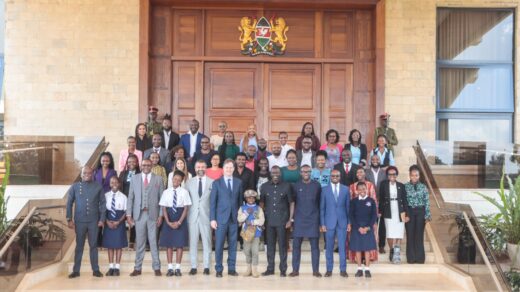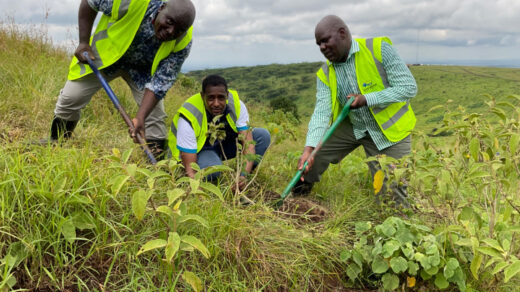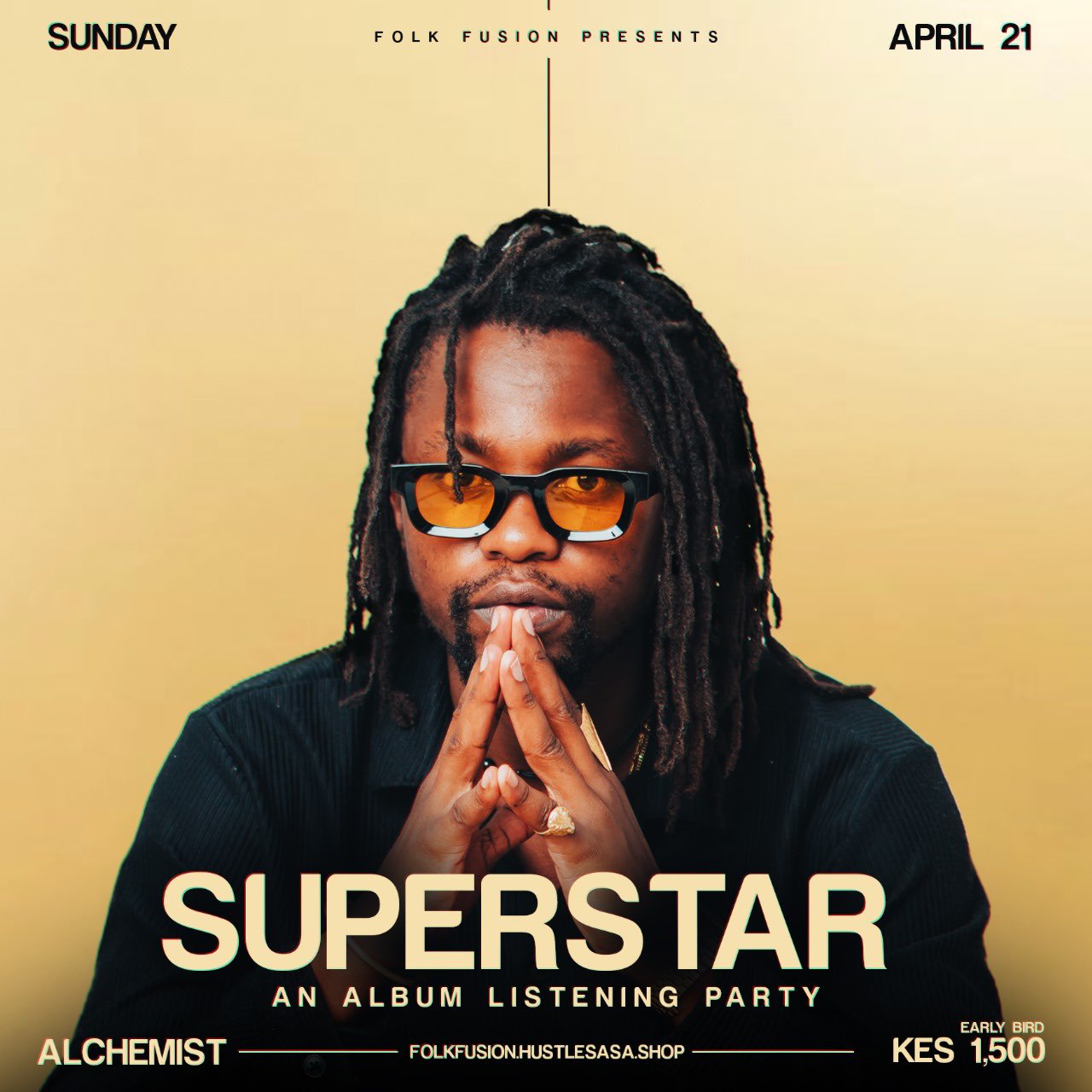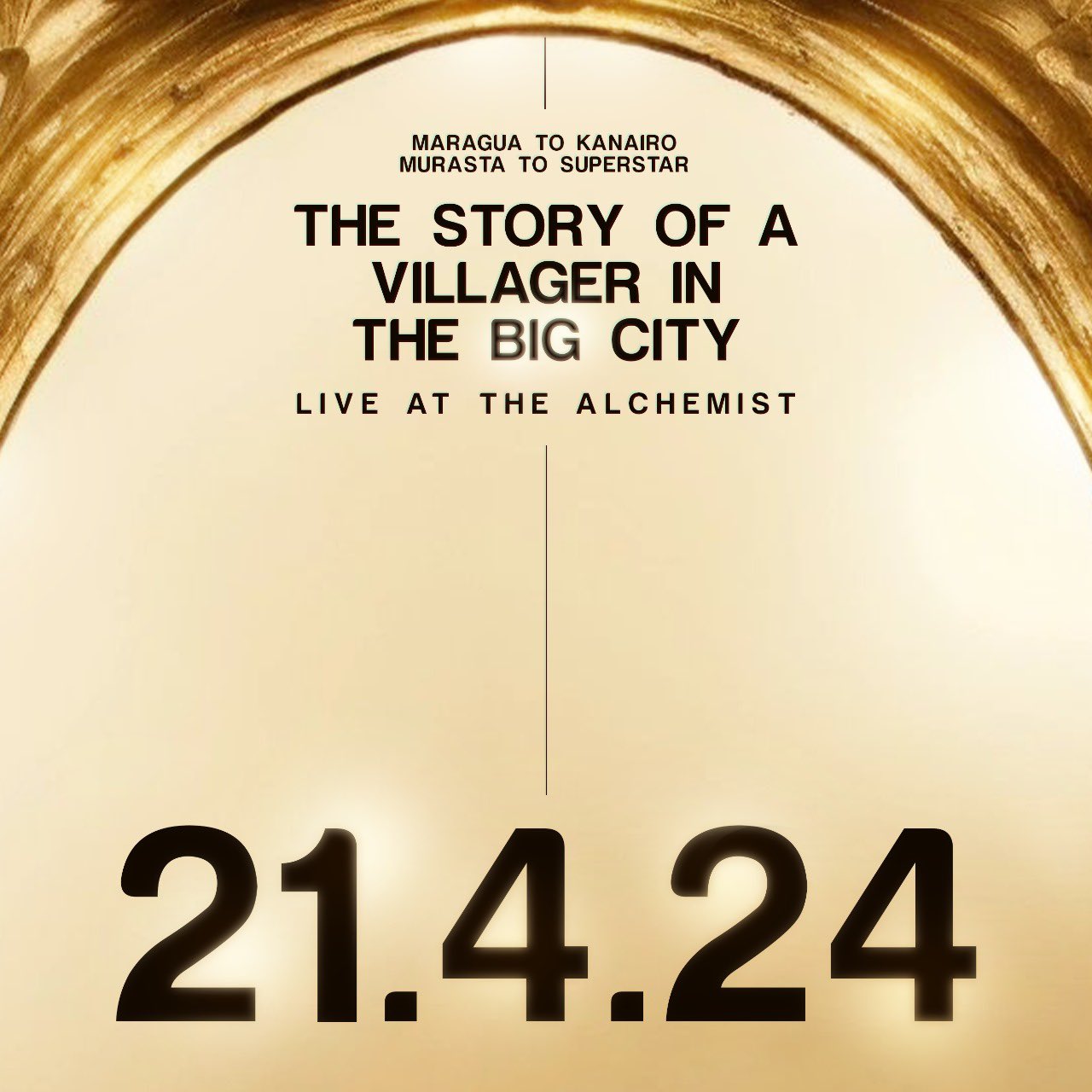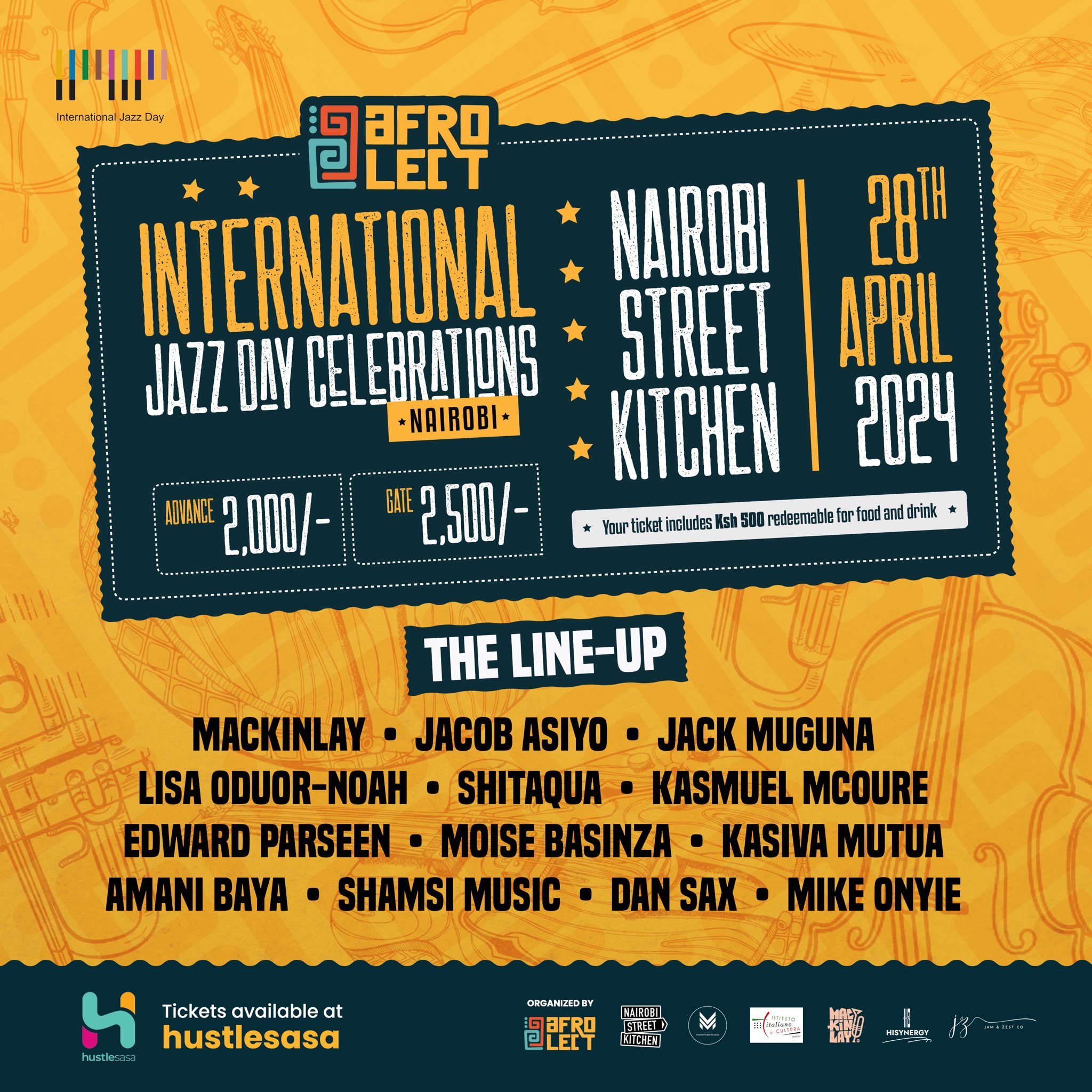African Union and Human Rights Bodies Express Concern Over Kenya’s Protests.
On 28 March 2023, the African Union (AU) Chairperson, Moussa Faki Mahamat, voiced deep concern about the violence that erupted in Kenya a week ago following public protests calling for a reduction in the cost of living.
Faki expressed profound concern in an AU statement about the violence that resulted in the loss of life, property damage, and disruption of certain economic activities in Nairobi and other cities across the country where supporters of the opposition Azimio La Umoja One Kenya Coalition, led by Raila Odinga, were protesting.
The AU Chairperson, also reaffirmed his support for President William Ruto’s administration, the Kenyan people, and their efforts to promote national unity, peace, and security in the country.
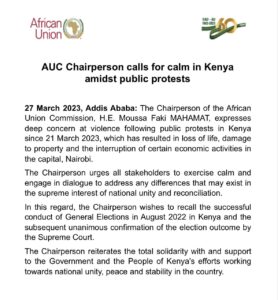
AU statement
“In this regard, the Chairperson wishes to recall the successful conduct of General Elections in August 2022 in Kenya and the subsequent unanimous confirmation of the election outcome by the Supreme Court.” According to the statement.
Mr Odinga supporters took to the streets for the second week in a row to protest the high cost of living and what they claim is the inherent opacity of the Independent Electoral and Boundaries Commission, which Mr Odinga accuses of rigging last year’s presidential election in favor of eventual winner William Ruto. The Supreme Court, on the other hand, confirmed Dr. Ruto’s victory in September, dismissing Odinga’s evidence as “hot air.”
Odinga, on the other hand, has claimed that new evidence shows he was rigged out and has requested that the Commission open up their servers.
On Monday, police used tear gas canisters to disperse crowds in Nairobi and Kisumu, both Odinga strongholds, and aimed them at cars carrying journalists in Nairobi.
Officers also used tear gas and water cannons as Odinga’s motorcade passing through Kawangware, a densely populated Nairobi area, sending residents running for cover.
One man was shot dead, according to the director of Kisumu’s main hospital, the second fatality recorded since the protests started the previous Monday, when a Maseno university student was killed by police fire.
Protesters had disregarded Inspector General of Police Japhet Koome’s caution that the demonstrations were “illegal.”
Hundreds of looters descended on former President Uhuru Kenyatta’s sprawling Nairobi estate, stealing sheep and cutting down trees before torching a section of the property.
Kenyatta backed Odinga’s presidential bid in August last year after falling out with his former deputy Ruto.
Gangs also attacked Odinga’s gas company, Spectre International Ltd., in Nairobi.
On Tuesday early, the Al-Aksa mosque and the Presbyterian Church in Kibera, a stronghold for Kenya’s opposition, were burned down.
Police verified the incident, saying that investigations are underway to identify those responsible for the arson.
Locals stared helplessly as flames engulfed the mosque and the church, according to witnesses.
According to Muturi Mbogo, the Kilimani police chief, there were no documented deaths as a consequence of the unrest that sparked the fires.
Religious leaders from the Christian, Hindu, and Muslim groups spoke to reporters, expressing astonishment and dismay at the mosque and church’s destruction and calling for calm and peaceful coexistence between the two communities.
“The Presbyterian Church was razed to the ground by unknown people,” Hassan Ole Nado, Secretary General of the Supreme Council of Kenya Muslims, told reporters. “The mosque was also set on fire by arsonists, which we condemn unequivocally.” Political interests, according to religious leaders, were to blame for the loss and devastation.
“We are calling for dialogue between President William Ruto and opposition leader Raila Odinga,” said Archbishop Martin Kivuva of the Catholic Church. According to Koome, two police cars were destroyed in the chaos, and 23 officers were injured.
“Our investigation into the destruction and injuries caused has begun,” he said in a statement. “Those found culpable will face the law.”
The National Cohesion and Integration Commission, a peace-building body established in the aftermath of the 2007-2008 post-election clashes that killed over 1,100 people, also urged dialogue “as a means of moving our country forward.”
“The wanton destruction of cars, mosques, churches etc is not acceptable and is hereby condemned in the harshest terms possible,” commission chairman Samuel Kobia said in a statement on Tuesday.
Human rights activists have also expressed concern about the country’s increase in politically motivated violence, including police brutality and threats to free speech and assembly.
The incident in Kibera comes after allegations of sponsored violence, a recurring problem in Kenya’s political landscape.
Politicians have been accused of using youth organizations to create chaos and violence at political events such as protests and rallies.
Kenyans, who are already dealing with skyrocketing inflation and an employment crisis, are concerned about the violence.
Many Kenyans are struggling to place food on the table, owing to rising food prices, a depreciating local currency, and a record drought that has left millions hungry.
During the campaign, Ruto portrayed himself as a champion of the oppressed and promised to better the lives of ordinary Kenyans.
However, he has since removed subsidies for gasoline and maize flour, both of which are dietary staples.
And, despite Ruto’s assurances in January, Kenya’s energy regulatory body declared last week that electricity prices would rise beginning next month.


